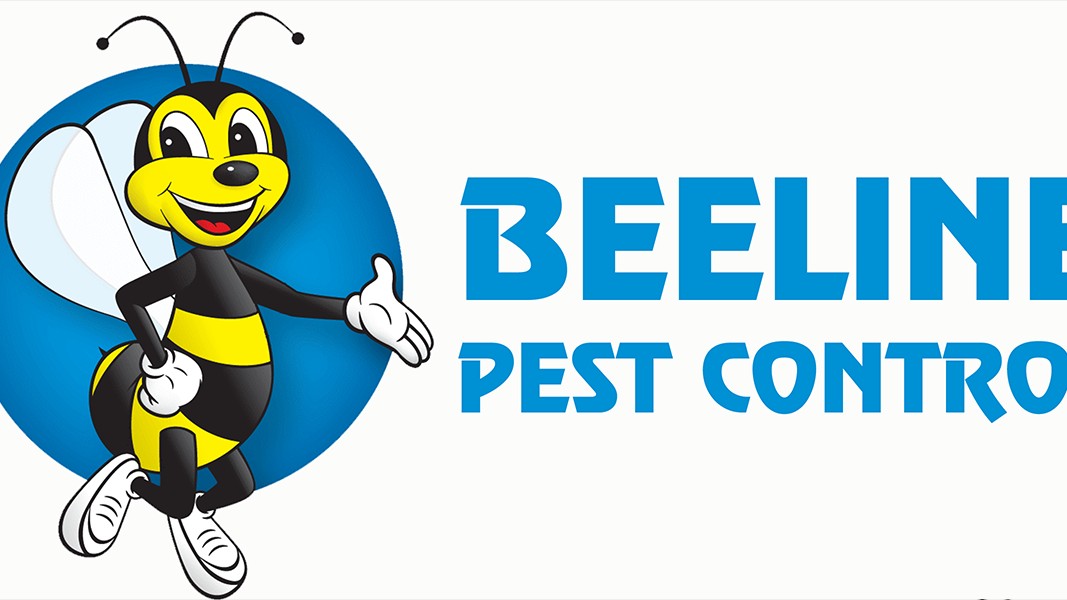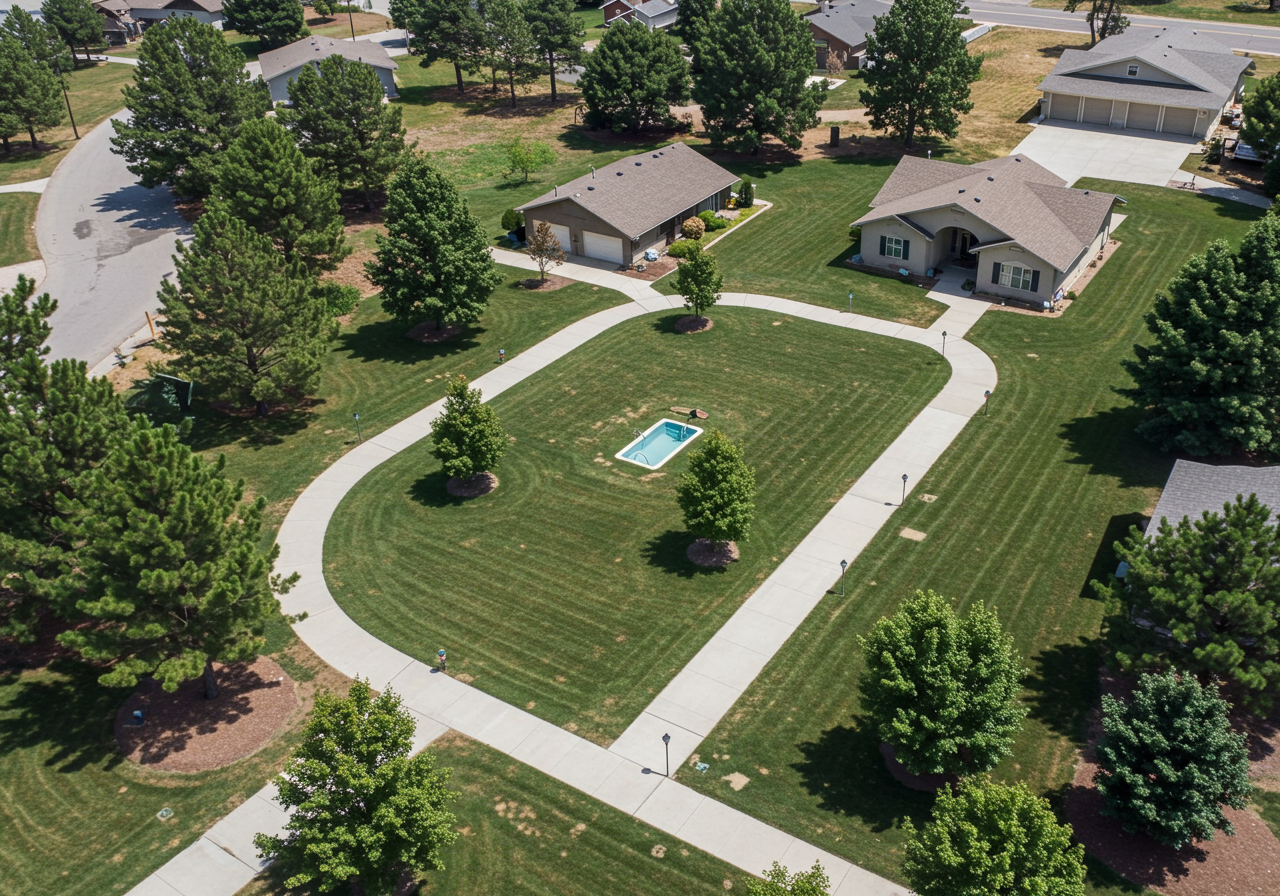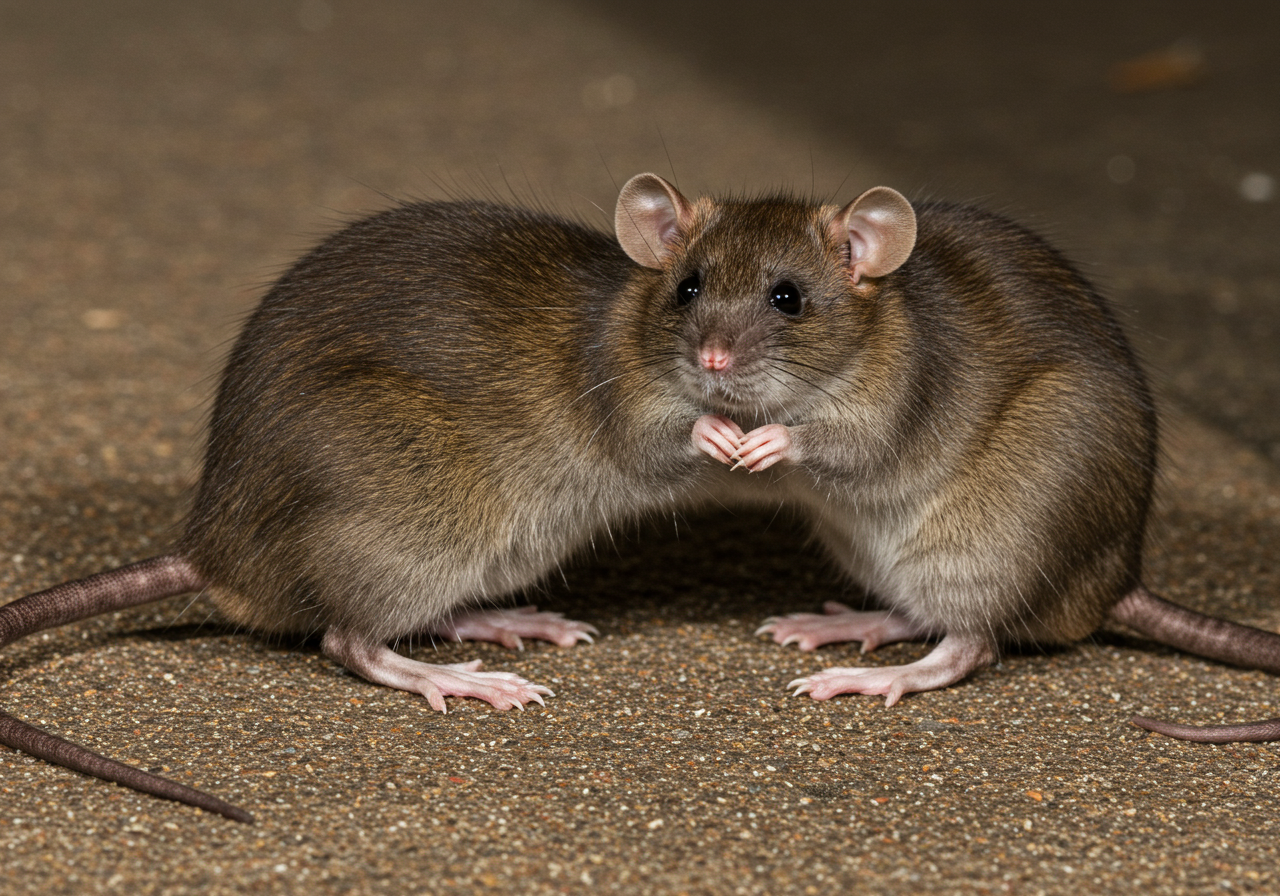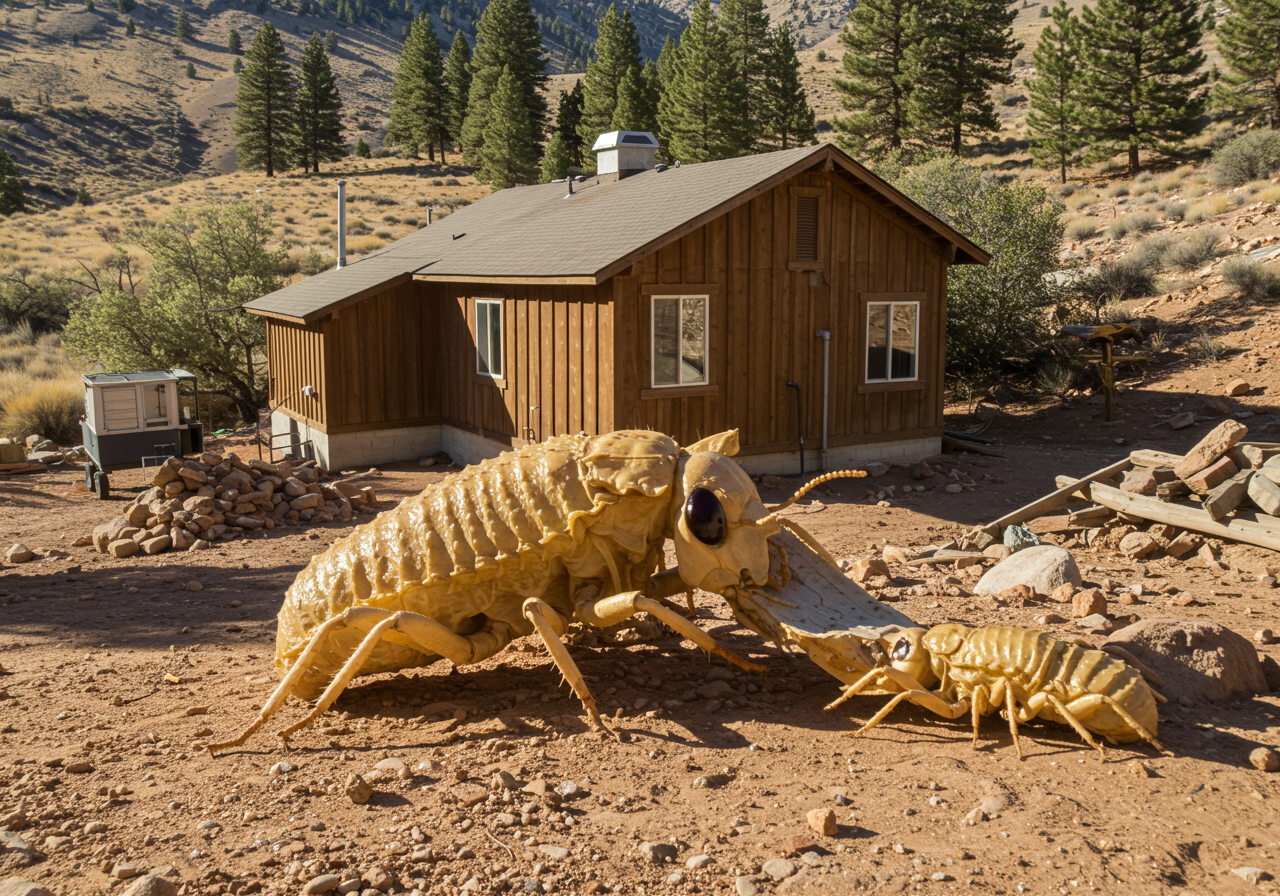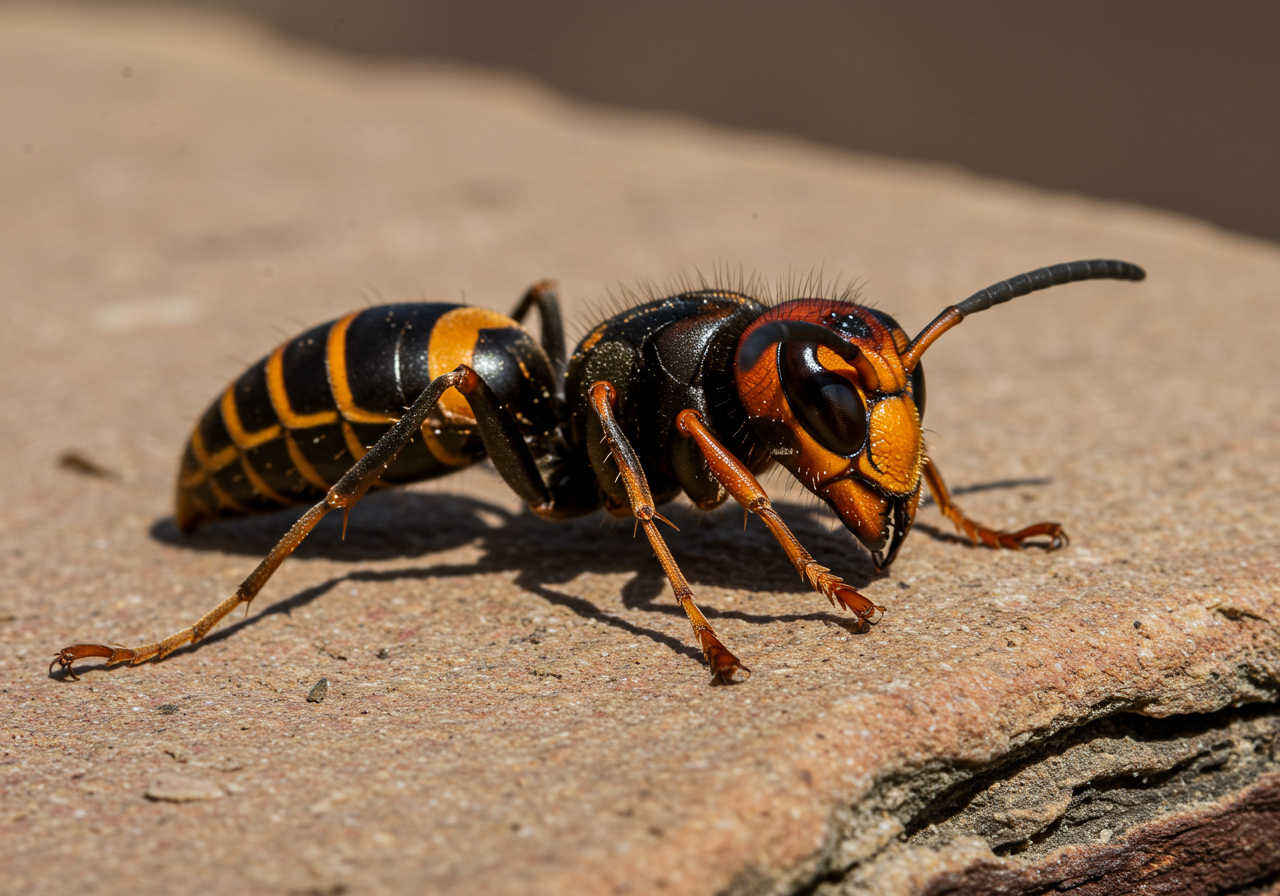
Denver Summer Hornet Invasion? Find Your Solution Here!
Aggressive hornets causing trouble in your Denver backyard this summer? Our expert guide reveals why they're invading and how Beeline Pest Control offers fast, safe removal to protect your home and family.
Are You Struggling With A Hornet Invasion This Summer In Denver?
Summer in Denver brings beautiful weather, outdoor activities, and unfortunately, a rise in buzzing, stinging pests like hornets. While many enjoy the longer days and warm temperatures, finding a hornet nest near your home can quickly turn a pleasant season into a stressful one. These aggressive insects can deliver painful stings, and for some, an encounter can even lead to serious health issues.
Understanding Hornets in Your Denver Neighborhood
Stinging insects are a common nuisance during Denver summers. Hornets, a type of social wasp, are notorious for their aggressive nature, especially when their nests are disturbed. Unlike some solitary wasps, hornets often live in large colonies, making their nests a significant concern.
You might wonder, "Are wasps and hornets the same thing?" Hornets are indeed a type of wasp, but they have distinct characteristics. Typically, hornets have a more rounded, slightly larger body compared to the slender body of many other wasps. In the Denver area, you'll most commonly encounter bald-faced hornets and aerial yellowjackets.
- Bald-faced hornets are generally larger, about 1.5 to 2 inches long, and are black with white markings on their faces and bodies. They build distinctive, egg-shaped paper nests that hang from trees or large shrubs, often high off the ground.
- Aerial yellowjackets are a bit smaller, mainly black and yellow. They frequently construct their papery nests in man-made structures like the eaves of your home, attics, or shed walls, rather than just in trees.
These insects are most active during the day, particularly from summer into early fall.
The Hidden Dangers of Hornet Stings
While a single hornet sting usually results in localized pain, redness, and swelling, the threat becomes much greater if you're allergic. Statistics show that roughly 500,000 people in the U.S. seek emergency medical treatment for insect stings each year. For those with severe allergies, a sting can trigger a life-threatening reaction. Even without an allergy, multiple stings can be dangerous. If you or someone you know is stung, it's important to wash the area with soap and water, carefully remove any stinger (if visible), and apply an ice pack to reduce swelling. However, if symptoms worsen or a severe allergic reaction is suspected, seek medical attention immediately.
Simple Ways to Make Your Denver Home Less Appealing to Hornets
Prevention is key to avoiding a hornet invasion. Here are some steps you can take:
- Early Nest Detection: In the spring, take time to inspect the exterior of your property. Hornets begin building small nests, which can grow significantly over months. Catching them early can prevent a major infestation.
- Trim & Maintain: Keep tree branches, shrubs, and other yard vegetation trimmed back from your home. Dense foliage can offer ideal spots for nests.
- Limit Food Sources: Hornets are attracted to sugary foods and proteins. Clean up fallen fruit from trees, avoid feeding pets on your porch or patio, and always use sealed trash cans outdoors to keep food smells contained.
- Deterrent Plants: Some plants, like marigolds, basil, mint, and geraniums, are thought to deter stinging insects. Planting them strategically around your yard might help.
Where Do Hornets Hide Their Nests?
Hornet nests are typically made of a unique, papery material. Bald-faced hornets prefer to build aerial nests in larger bushes and trees. Other types, like yellowjackets, might build in unexpected places such as:
- Under eaves
- In wall voids
- Inside attics
- Under deck railings
- In old tree stumps or ground holes
Identifying the nest location is often the first step to addressing the problem.
When to Call in the Denver Pest Control Professionals
Given the potential dangers, especially with aggressive species like hornets, trying to remove a nest yourself is risky. Professionals have the necessary safety gear and specialized treatments to eliminate these pests safely and effectively.
If you're noticing an increase in hornet activity around your home or have found a nest, it's time to call Beeline Pest Control. As a trusted, family-owned, and operated business serving Denver and surrounding areas since 2009, we put our customers first. Our licensed, bonded, and insured professionals specialize in stinging insect control, and we know how to safely get rid of hornets and keep them away.
We pride ourselves on offering reliable, fast, and effective pest removal using safe and eco-friendly treatments. You'll get the services you need without unnecessary extras. Beyond hornets and other stinging insects, we are experts in dealing with a wide range of common pests, including:
- Ants
- Bed Bugs
- Termites
- Rodents
- Spiders
- Cockroaches
- And many more!
We serve homeowners and businesses in Denver and communities like Arvada, Aurora, Boulder, Centennial, Cimarron, Colorado Springs, Commerce City, Englewood, Fort Collins, Greeley, Knob Hill, Lakewood, Littleton, Thornton, and Westminster.
Don't let a hornet invasion ruin your summer. We offer free estimates and a pest-free guarantee, and same-day and emergency services are available when you need them most.
Contact our friendly team at Beeline Pest Control today at (303) 586-5231 to schedule a consultation and reclaim your outdoor space!
More Blogs
Some other blogs you might be interested in
